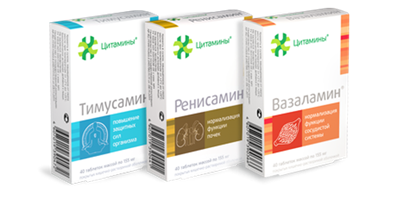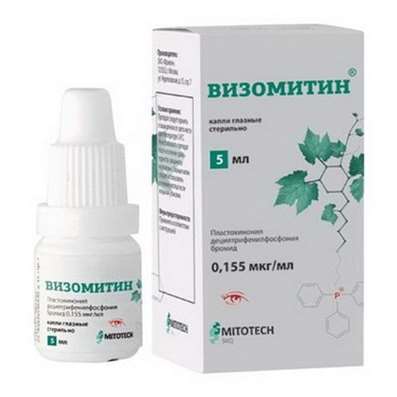FAQ: Genes and alcohol resistance
13 Dec 2016
6 facts that affect the appearance of dependency and how to regulate their genetic characteristics

Alcohol problem is of paramount importance for Russia. Russians live on less than the population of Europe, and if, as demographers say the Europeans every year, life expectancy increased by an average of two months, in Russia, life expectancy fluctuates, but does not exceed a certain threshold level. Experts say that the main reason for the low life expectancy - is the consumption of alcohol in very large quantities, and a large proportion of hard liquor.
- 1.Enzymes, which determine the effect of alcohol
There are genes that affect alcohol intake. Are genes encoding enzymes which oxidize ethanol. One enzyme called "alcohol dehydrogenase", it turns alcohol into acetaldehyde. It acetaldehyde causes unpleasant sensations experienced by people who had been drinking too much alcohol; a hangover the next day, too, due to the influence of alcohol oxidation products. A second enzyme oxidizes acetaldehyde to safe substances. That is, the alcohol in the human body is converted into a toxic substance that is neutralized in the next step of oxidation. The speed of these two reactions is determined genetically. If the first step - the oxidation of alcohol to a toxic product - goes fast, a person is physically unable to drink a lot, because it quickly accumulate a toxic substance and there are associated effects: facial flushing, sweating, palpitations, dizziness, nausea and other unpleasant symptoms. People who have genetically determined more rapid conversion of alcohol to acetaldehyde, consume on average 20% less alcohol.
- 2.The genetic characteristics of different nationalities
Among Russian carriers of this gene variant about 10%, and in China and Japan, carriers of this gene variant is much more - 70%. And that is connected with this feature of the East Asian population - the inability to drink large amounts of alcohol. It is important that not every person is not able to drink a lot of these areas, but the majority of the population is protected from excessive consumption of such genetic characteristics. In addition to work quickly alcohol is common in East Asia is yet another mutation that blocks the next stage - the neutralization of toxic acetaldehyde. And people who acetaldehyde accumulates very quickly, in a concentration of about 30 times higher than that of the Europeans, can not become alcoholics: they are simply not able to drink that amount of alcohol to have originated alcohol dependence. This second mutation in Russia is almost absent. Therefore, if we talk about the genetic features of Russian and other features of the peoples of our country, we can say that the genes can not make them drink, but let them do it.
- 3.How do genes influence the emotions
Furthermore genes that affect the rate of alcohol oxidation and removal of the oxidation products from the body, there are still other genes that regulate the nerve impulse transmission characteristics. These genes affect the emotional state of a person, especially on his psyche and behavior. And with these genes is associated more or less likely to develop alcohol or drug dependence. The study of these genes allows us to understand the mechanisms of these dependencies, and to find molecular targets that can be used for drug development. These studies are worldwide, including in Russia. To cope with alcohol withdrawal – buy Meldonium, Phenotropil, Mexidol.
- 4.What gives the study of genes
When geneticists find any gene associated with the development of dependency, it does not mean that the gene is fully determines whether a person is an alcoholic or not. And alcoholism, and drug addiction - a disease that are affected by many genes with weak effects. This does not mean that these genes do not look for or they are not important, because although one gene, five or ten can not make an accurate prediction becomes a person an alcoholic or not, the discovery of these genes allows us to understand the molecular mechanisms of action of addictive substances. And then, is it possible to them to predict the risk of addiction is the subject of separate studies.
- 5.How environment affects genes
It turns out that the exercise of different variants of these genes is dependent on environmental conditions. In poor conditions of education in childhood genetic differences manifest themselves, and 'risky' variants exert their effects; for example, people are more prone to depression, or have a high probability of occurrence of antisocial behavior. In good conditions, the genetic differences are leveled. Good training conditions allow to compensate for genetic defects, so all children should be brought up well no matter what their genes.
- 6.Genes and treatment of addiction
Mutations in the gene that controls the toxic acetaldehyde oxidation, lead to the accumulation of toxic products is accelerated, and its destruction does not occur. Such people can not become alcoholics because they are physically so bad that they drink not. People often ask, "Can we use it to treat?". But this feature is used to treat. There are drugs that block the enzyme acetaldehyde dehydrogenase and thus make, for example, the Russians on the specifics of the transformation of ethanol in the liver like a Chinese with such a mutation.

 Cart
Cart





